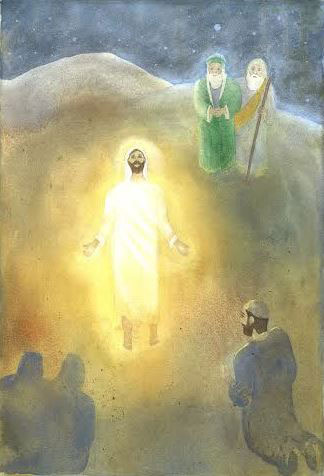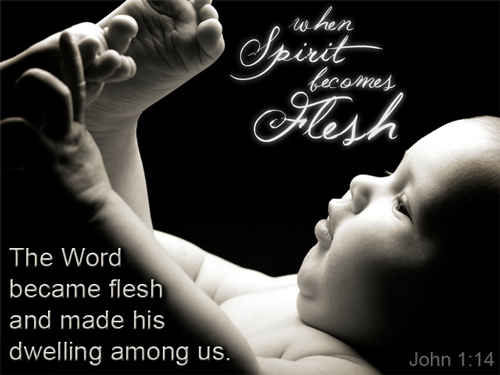Sermon, Second Sunday after the Epiphany, Year A 2023
I Corinthians 1:1-9, John 1:29-42
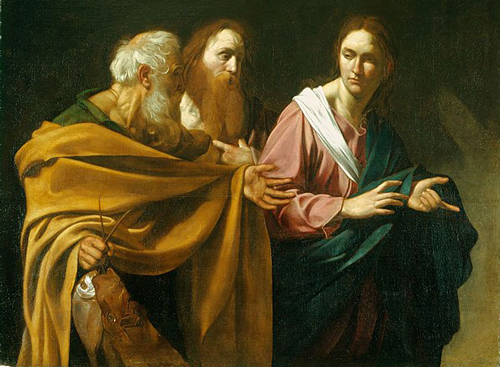
“Calling of Peter and Andrew” – Caravaggio 1602
“To the church of God that is in Corinth, to those who are sanctified in Christ Jesus, called to be saints, together with all those who in every place call on the name of our Lord Jesus Christ, both their Lord and ours:
Grace to you and peace from God our Father and the Lord Jesus Christ.”
So begins Paul’s letter to the Christians in Corinth, a diverse and contentious group of people, called together by God into the fellowship of Jesus Christ our Lord: called to be the church, to be God’s light in the world.
Paul’s enthralling words remind us that God calls us too—you and me– to be saints, that is, to follow Jesus and to witness to God’s justice, power, mercy, healing, and love in this world.
That is why we’ve chosen to be here today, because we have heard God calling us to be part of this fellowship of the saints that we know as the church.
Here, God reminds us, through scripture and prayer and song that we are not alone in this calling to follow Jesus.
Jesus is not just a prophet with tremendous healing power and a mighty heart, willing to go to death and beyond as he does God’s will in this world, someone to admire and emulate. Jesus is more than all of that, as wonderful as all of that is.
Jesus is God’s Son.
So when we follow Jesus, God’s Son, we enter ever more deeply into the heart of God, even in the ordinary things that we do, which can grow into the extraordinary things that God calls us to do, the things that we never believed possible—Glory to God, whose power working in us, can do infinitely more than we could ask, or even imagine.
God imagines our lives—magnificent, challenging lives that reveal God to those around us!
God has already imagined the life that God is calling you and me and this church, St Peter’s, into.
God wants our imaginations to expand, so that ultimately, God’s imagination for each of us and for this church, and for this world, can and will become reality.
The clue to how we even begin to live into God’s imagination is to have the desire to know God more deeply, to want to live in the heart and mind of God, which is what the two disciples in today’s gospel realized they wanted.
They were followers of John the Baptist. But when they saw Jesus walk by and heard John say, “Look! Here is the Lamb of God” these two disciples of John followed Jesus.
Jesus turned and saw them following and asked what they were looking for.
Their answer was simple and to the point.
“Rabbi, we want to know where you are staying.”
Jesus invites them, right that minute, to come with him and see.
And so these two went with him and saw where he was staying and they remained with him that day.
Andrew, one of these disciples, was so excited that he went to find his brother, Simon Peter, and told him, “We have found the Messiah!”
In that time he had spent with Jesus, Andrew had found his imagination sparked. And now his imagination was growing because he realized that Jesus was the one they had been waiting for, the one sent by God,
The Messiah! The Anointed One!
Andrew didn’t go to Peter and say, “We’ve found the Son of God or the Lamb of God.” That deeper understanding of who Jesus was would come later.
Instead, Andrew proclaimed, “We have found the Messiah!”
In Andrew’s time, the Jewish people were looking with great expectation for the Messiah, the one God had promised, for they lived under the yoke of the Roman Empire. The people of Palestine were oppressed, disrespected, and mistreated. Since they were not Roman citizens, they could not expect the privileges of a citizen. They were nobodies.
So when Andrew told Peter that they had found the Messiah, Andrew must have been convinced that Jesus was the one that would lead the people out of bondage.
You can see how Andrew’s imagination had started growing. He must have imagined that Jesus would somehow lead his followers into freedom. Maybe he imagined the literal deliverance from the bondage of the Roman Empire and freedom for the people that the Messiah, sent by God, would bring.
All of us are in bondage to something that limits our imaginations.
Right now we are in the season of winter, and the darkness closes around us late in the afternoon. And in the winters of our lives, especially, the darkness of illness, accidents, the deaths of those we love, transitions, wanted and unwanted, and the list goes on—we find ourselves in bondage to anxiety and worry and despair and fear.
The challenges of aging, the challenges of illness, the challenges of addiction, the challenge of stressful busyness, all of these things can kill our imaginations and hold us captive to what is. We lose the ability to imagine what could be.
That’s when the story of Andrew and the other disciple comes as a welcome reminder that wanting to go where Jesus is, and learning from him can turn the twilight and darkness that can so easily close around us into the brightness of a new day.
Spending time with Jesus in prayer, worship and study helps us to imagine more fully what God’s kingdom here on earth could be like, especially when the current reality tempts us into hopelessness. One of the big functions of a Messiah is to restore hope to those who have lost hope.
Choosing to follow Jesus is an act of hope!
We follow Jesus because we hope and imagine something different and something better, not just for ourselves but for everyone, and for all of creation.
Martin Luther King, Jr., whose birthday is today, was a man whose journey into God as a follower of Jesus allowed him to see through the darkness of the racial discrimination and segregation that gripped this nation and held it in bondage into the light of what God must imagine for this nation, liberty and justice, equality and respect for all.
King’s journey on this earth as a pastor and as a civil rights leader was a journey of hope and imagination.
King’s dream is not a solitary, individual dream. It includes all of those who call on the name of God and who follow Jesus as their Lord and Savior, a way of non violence, love, and insistence on God’s justice for all, no matter the cost.
In a stirring speech, Dr King shared his dream of God’s kingdom come on earth with the over 200,000 people gathered at the Lincoln Memorial on August 28, 1963, during the March on Washington.
In his speech, King pointed out that our destinies and our freedoms are bound together. As King puts it, “We cannot walk alone. And as we walk, we must make the pledge that we shall always march ahead. We cannot turn back.”
A little later in the speech, King describes what he is imagining, his dream—that we all might be one, his dream that “the sons of former slaves and the sons of former slave owners will be able to sit down together at the table of brotherhood”… “that black men and white men, Jews and Gentiles, Protestants and Catholics, will be able to join hands and sing in the words of the old Negro spiritual: Free at last. Free at last. Thank God almighty, we are free at last.”
In the words of the prophet Isaiah, King shares God’s dream for us all, that God’s glory will be revealed in all of creation and in all of us.
“I have a dream that one day every valley shall be exalted, every hill and mountain shall be made low, the rough places will be made plain, and the crooked places will be made straight, and the glory of the Lord shall be revealed, and all flesh shall see it together.”
This is our hope, King says. God’s imagination made reality when we in this nation come together to dream of and work for freedom and justice for all people.
So now, joining Andrew, that first one to follow Jesus, joining those people in the church at Corinth, joining with all who have followed Jesus down through the ages, joining modern day saints like Martin Luther King, Jr,
We are the people of hope.
We are the saints, the ones who call on the name of the Lord Jesus and seek him.
And when we seek him, Jesus invites us to come and see.
Jesus invites us to be the ones who imagine God’s dreams of grace and peace and justice, mercy and healing for this earth.
Jesus invites us to live the magnificent and extraordinary lives that God imagines for us.
Jesus invites us to be the ones, who when God’s power is working through us, can help turn God’s dreams for this earth into the reality of a new day, bright and full of God’s glory and love for all.
Come and see. Let’s take Jesus up on that invitation. The world is waiting.
Resource: https://www.npr.org/2010/01/18/122701268/i-have-a-dream-speech-in-its-entirety
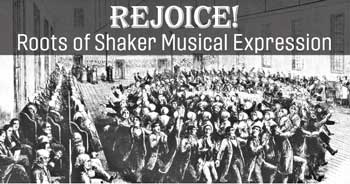


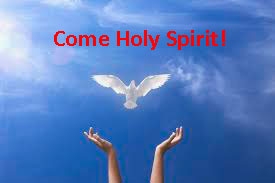
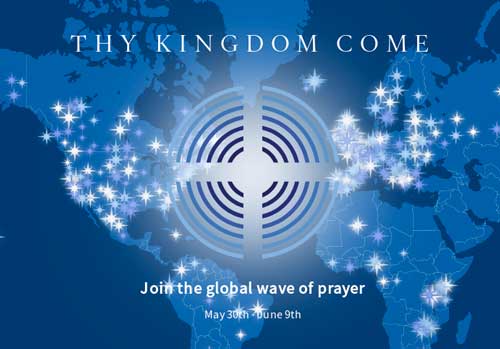
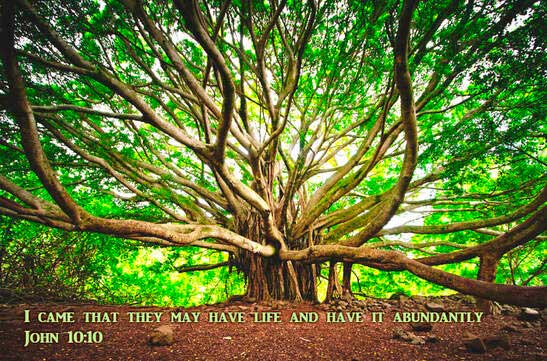 Today’s gospel about abundant life offers so many things to think about—Jesus as the Good Shepherd; we sheep who follow the voice of our shepherd; the strangers, thieves and bandits who try to call us away from Jesus; and then, finding that Jesus himself is the gate through which we pass to enter into God’s everlasting security and abundant life.
Today’s gospel about abundant life offers so many things to think about—Jesus as the Good Shepherd; we sheep who follow the voice of our shepherd; the strangers, thieves and bandits who try to call us away from Jesus; and then, finding that Jesus himself is the gate through which we pass to enter into God’s everlasting security and abundant life. 
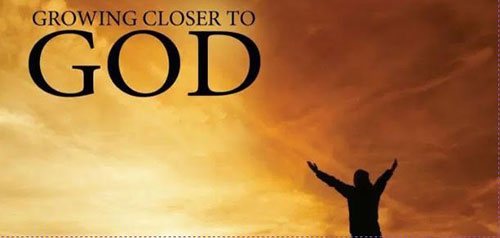
 “Nic drove a large black Escalade. He loved the way the Escalade roared to life when he turned the key in the ignition, the way he sat up high above the rest of the traffic, barely having to press the accelerator to gun past anyone in his way and to get to his destination in record time.The Escalade suited Nic, summed up who he was, really.Big, bold, in charge.”
“Nic drove a large black Escalade. He loved the way the Escalade roared to life when he turned the key in the ignition, the way he sat up high above the rest of the traffic, barely having to press the accelerator to gun past anyone in his way and to get to his destination in record time.The Escalade suited Nic, summed up who he was, really.Big, bold, in charge.”